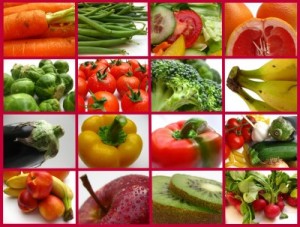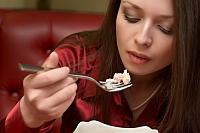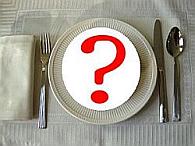Like sodium potassium is a necessary mineral to maintain good health. Potassium play a role in keeping regular heart beat, maintain correct water balance, nerve function, muscle control and blood pressure. There is evidence that increase high potassium sources to daily diet may give protection against hypertension (high blood pressure). It is particularly beneficial for people with sodium sensitivity.
Potassium deficiency is uncommon in healthy diets. Potassium sources include meats, milk, fruits and vegetables, whole grains. So, if you eat a variety of those foods with plenty of fruits and vegetables you are most likely have adequate intake. Keeping a quick food record is a good way to see if you are getting enough potassium in your daily diet.
An Individual may have low potassium if the following conditions exist:
- Certain population with difficulty in getting and eating enough food to sustain health, such as the elderly, those with disabilities, and those with limited income.
- People with potassium loss during severe vomiting, or diarrhea during illness.
- Medications given to prevent sodium and water retention such as diuretics and also the excessive usage of laxatives.
- Individuals with poor diabetic control and altered GI tract function.
- Athletes or outdoor workers involve in regular intense physical work and sweat a lot.
See potassium recommendations for infants to adults: Recommended Dietary Intakes for Potassium
Potassium content in common foods: USDA National Nutrient Database for Potassium
The recommendations for potassium are about twice as much as sodium. Many of us do not get that ratio. There have been studies indicating that correct potassium to sodium ratio number is more important in prevention heart disease than either number alone. In terms of processed foods manufacturers add sodium but not potassium. By eating plenty of fruits and vegetable to your diet you increase potassium and other beneficial vitamins and minerals. In addition you would have less room to eat high sodium process products. Include these potassium rich foods in your daily diet: bananas, cantaloupe, grapefruit, oranges, tomato or prune juice, honeydew melons, prunes, molasses and potatoes.
Related posts:
Tips for Potassium Restricted Diet
Potassium Sources for High Potassium Diet
Foods to Eat for Iodine Sources
Salt Substitute and Sea Salt for Low Sodium Diet
Tips for Low Sodium Diet Plan



{ 0 comments… add one now }
{ 2 trackbacks }